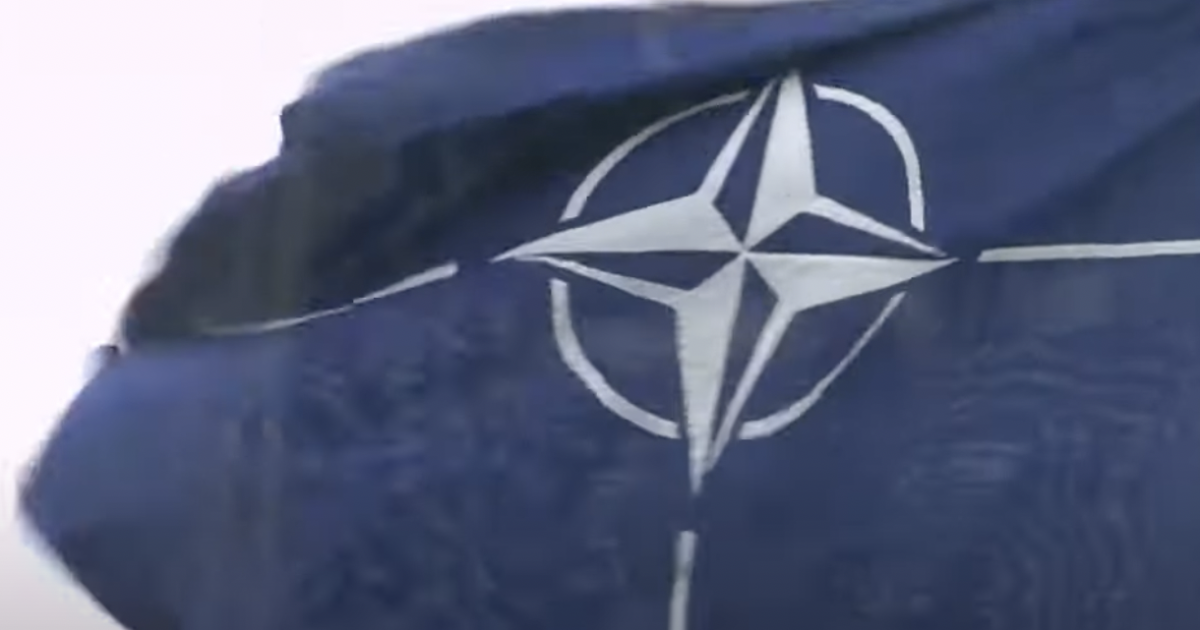
Some habits die hard.
For the neocon/neoliberal cabal in Washington, DC, expanding the North Atlantic Treaty Organization (NATO) right on Russia’s doorstep is one of their elusive goals. Despite being marketed as a defensive alliance, NATO is anything but that.
When analyzed in an objective manner, it looks like a military pact that is gradually encroaching on the historic sphere of influence that Russia wants to secure from external actors.
In 2008 (Georgia) and 2014 (Ukraine), Russia demonstrated resoundingly that it’s willing to use a combination of hard and soft power to defend its traditional zones of interest.
Despite these cases, US political and military leadership insists on expanding NATO. US Defense Secretary Lloyd Austin declared earlier this month that no third country can veto Ukraine’s desire to join the military pact.
“Ukraine…has a right to decide its own future foreign policy, and we expect that they will be able to do that without any outside interference,” Austin said while visiting the Ukrainian capital of Kiev on October 19.
Austin was fielding questions from reporters who raised the point about Russia potentially rejecting Ukraine’s incorporation into the NATO security umbrella.
Russia and NATO relations have been fraught in recent times, with the former viewing the latter’s moves as encroachments within areas that are of strategic importance to Russia. Austin singled out Russia as an “obstacle” to any meaningful resolution to the war taking place in the Donbas.
“We again call on Russia to end its occupation of Crimea, to stop perpetuating the war in eastern Ukraine, to end its destabilizing activities in the Black Sea and along Ukraine’s borders,” Austin stated.
“We will continue to do everything we can to support Ukraine’s efforts to develop the capability to defend itself,” he continued.
Earlier in 2021, Russia mobilized the largest amount of troops along the Ukrainian border since Crimea fell into Russian hands via referendum in 2014. The Russian troops were withdrawn after military exercises on the Ukrainian border were concluded.
Prior to visiting Ukraine, Austin visited Georgia on October 18. Georgia is another state that NATO has extended promises with regards to adding it to its alliance structure.
In a press conference that he gave on October 19, Austin also called on Russia to cease its “persistent cyberattacks and other malign activities” directed towards the US and its allies.
While Russia is demonized constantly in the Western media, its foreign policy actions make sense from a geopolitical perspective. Pretty much all regional powers and superpowers have strong interests in defending their near abroads from external actors.
US policymakers would be wise to exercise strategic empathy and recognize that Russia has interests and certain Western actions will provoke a firm response from it.
Alas, it will likely take a new class of leaders for any form of restraint to become the norm in Washington DC. With the current leadership class in power, the likelihood of a devastating great power conflict will only increase with time.



